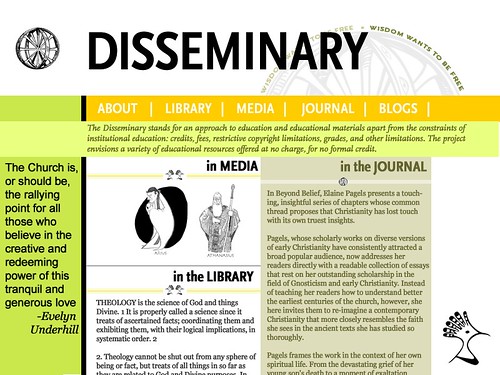Yesterday David (evidently on vacation, but blogging up a storm) called attention to what calls itself a Big Broadband Bill of Rights. He urged us to sign on, and I went over to check it out.
I’m a determined user of broadband, so the issue concerns me actively — and I support the premise that the U.S. has adopted (or, more precisely, “allowed to tumble into a mixed-up array”) misguided regulations relative to the distribution of broadband services. If I am correctly informed, other nations offer faster, more readily available broadband at lower prices; that should certainly sound like a desirable circumstances to decision-makers over here, too.
I didn’t sign the manifesto, though, for a couple of reasons. First, I balk at furthering the notion that access to broadband constitutes a “right” (even in a metaphorical sense). Enumerated rights ought to stay few and general, and the more we talk about a right to this and a right to that, the more vulnerable all of these rights become to the argument that “when your rights conflict with mine, something has to give, isn’t that a shame,” etc., blah blah blah — an argument that serves too easily to undermine what ought to be deep, durable, exceptionless civil rights (as near to “exceptionless” as mortal social arrangements can make). In other words, I’d be more sympathetic to seeing this as a sub-instance of “free press” than as a sui generis matter right-to-boradband.
Second, the manifesto’s Article 2, section 3 reads, “2.3 You have the right to trust that others will respect your copyright ownership. In turn, you shall respect the copyright protections afforded to us and compensate copyright owners per their request” — and, given the present complexion of copyright law in the U.S., I can’t endorse that. I don’t have anything against a modest regimen more in line with historic copyright protection, but I just don’t assent to the present megacorp-feeding-frenzy of copyright restriction. To repeat: a sensible business model will benefit artists and those who mediate and distribute their work to customers. That’s no0t just what my observations affirm; that’s what the data suggests, too.
The same applies to Big Broadband. Legislators and business leaders should see the long-term economic benefits to making absolutely sure that the U.S. supports the fastest, least costly, most reliable broadband network in the world. THat’s the basis on which they should be supporting Firstmile.us and Big Broadband — not on the basis of a putative right to online access. Great principle, great vision, great models, misplaced argument.
